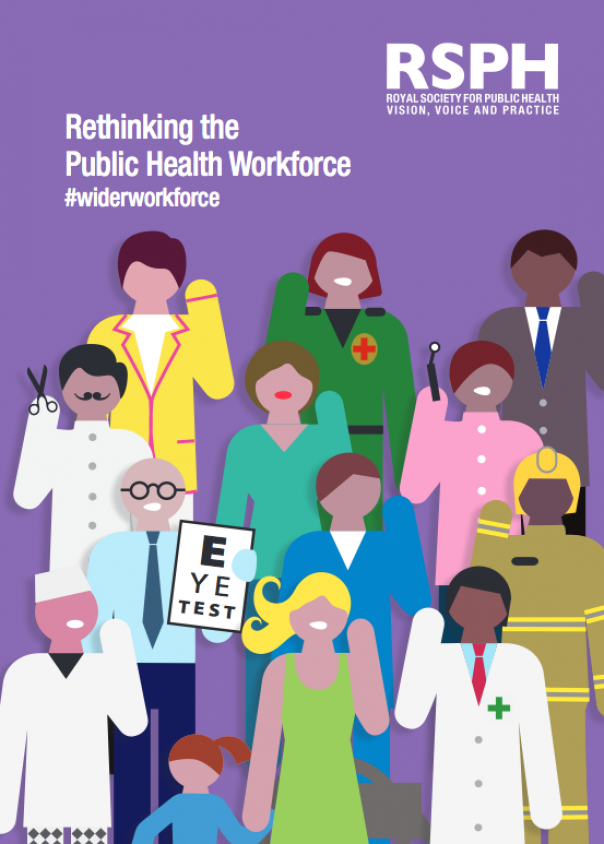
The Royal Society for Public Health has outlined plans for a whole range of different occupations to join the cause, including cleaners, hairdressers and postal workers, in a new report entitled Rethinking the Public Health Workforce.
The core public health workforce only consists of an estimated 40,000 people and the report calls for anyone who has ‘the opportunity or ability to positively impact health and wellbeing through their work’ to join this wider public health workforce.
The report identifies around 803,000 kitchen, bar and waiting staff, as well as 639,000 cleaners, 452,000 public service staff and 222,000 hairdressers and related services.
The report suggests that, with appropriate training, the wider workforce could support public health activities including point of care testing, such as body fat measurements, finger prick testing, blood pressure and BMI.
The workforce could also offer behaviour change programmes, healthy conversations, and signposting the public on to more specialist services.
Social prescribing could also be included, such as the screening the public for lifestyle health conditions such as inactivity, low level anxiety and social isolation.
Shirley Cramer, chief executive of the Royal Society for Public Health and chair of the People in UK Public Health Government Advisory Group, said: “An extra 15 million people would be a huge addition to the public health workforce and the potential benefits to the public’s health are huge.
“By engaging with these occupations to become advocates not only might we help support these individuals to improve their own health and wellbeing, but by reaching out to the people they interact with could be significant.
“Many of these occupations enjoy trusted relationships with the public and have golden opportunities to reinforce and support conversations about lifestyle health issues in a sensitive and non-judgemental fashion. “